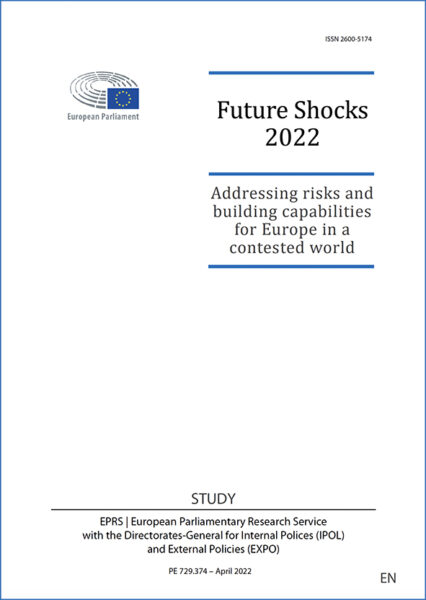Last October Philippe Delalande enquired, in this journal, into the impact of the current Western financial crisis on the Chinese economy, indicating that that crisis might ultimately present an opportunity for China to stabilize its economic development at a “sustainable” level. This month Jean-Raphaël Chaponnière goes beyond this and offers an analysis of the mid- and long-term consequences of recent economic developments on the global equilibrium and, more particularly, on the influence of the Asian continent, and the ensuing issues for Europe.
After recalling demographic changes and prospects in Asia, he shows that the economic shift begun in the 1970s with the rise of Japan and confirmed in the 1990s by the “miracle” of the new industrialized countries, is currently being reaffirmed, despite the sideshow of the 1997 crisis. Hence, unless a scenario emerges in which “globalization grinds to a halt,” the heart of the global economy could well come to reside lastingly in Asia, with internal (national or regional) demand as its main engine. Drawing on the relevant statistical evidence, Jean-Raphaël Chaponnière illustrates his argument by examining recent developments in, and the future prospects of, the main countries of Asia (China, India, South Korea, Taiwan etc.). Lastly, he outlines the consequences of this economic shift: competition over costs and quality of labour, an explosion in the number of consumers (the middle classes), an aggravation of the environmental situation (two elements Europe could draw on to reposition itself), geopolitical changes (the growing influence of China and India in Africa) etc.
The Crisis and the Shift towards Asia: Issues for Europe
Cet article fait partie de la revue Futuribles n° 347, déc. 2008


